Washington and Nairobi Reassess Civil Liberties as Denaturalisation and Protest Limits Advance
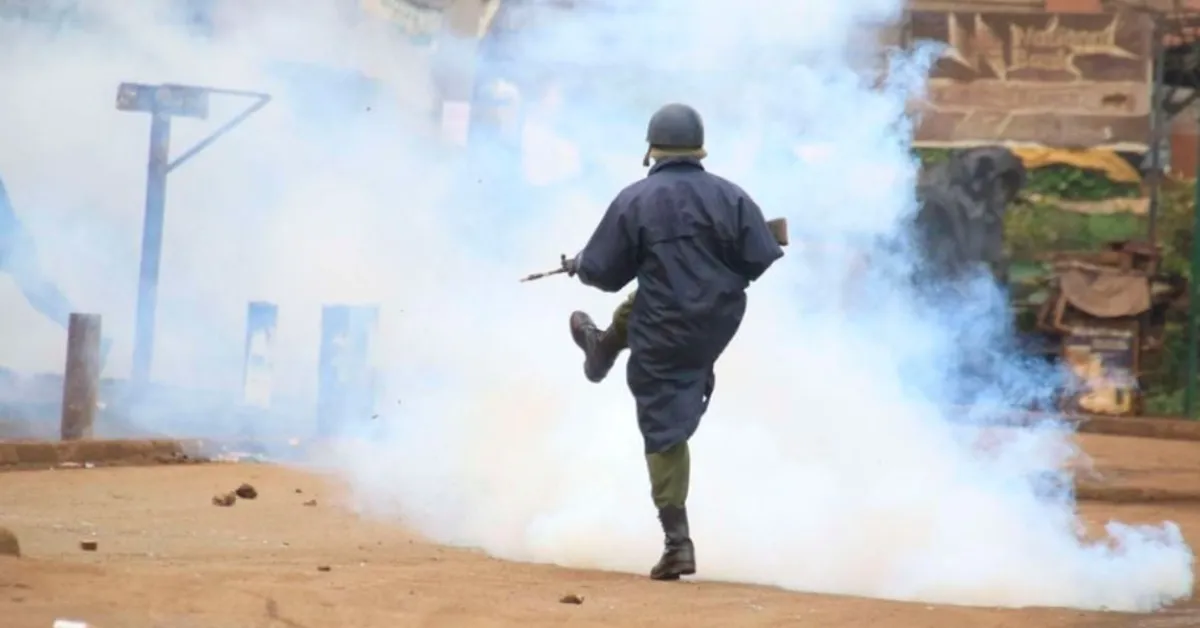
Washington, D.C., and Nairobi are at the centre of parallel debates concerning the balance between state authority, civil liberties and national order.
The US government is intensifying its pursuit of denaturalisation cases while Kenya considers imposing restrictions on public demonstrations. These developments prompt significant questions about democratic freedoms. Across the Atlantic, the US Department of Justice, in a memorandum dated 11 June, directed federal attorneys to escalate the pursuit of civil denaturalisation cases against naturalised citizens suspected of obtaining citizenship through fraudulent means, misrepresentation or concealment of pertinent facts.
This directive contrasts with criminal proceedings, as civil cases do not automatically provide defendants with court-appointed counsel and operate under a lower burden of proof, provoking concern among legal experts and civil rights advocates who fear the potential for politically motivated actions and the erosion of established protections for naturalised individuals.
The memorandum outlines ten priority categories for enforcement, encompassing individuals linked to war crimes, human rights abuses, gang affiliations, and financial fraud. The policy extends to cases referred by US attorneys, those under ongoing criminal investigation, and individuals accused of immigration-related deception. Deputy Attorney General Brett Shumate emphasised that denaturalisation ranks as one of the Civil Division's top priorities, pledging to "prioritise and promote denaturalisation wherever permitted by law and supported by evidence".
The case of Elliott Duke, a UK-born US military veteran, is emblematic of the policy's potential impact. On 13 June, a federal judge revoked Duke's citizenship after it emerged that he failed to disclose a prior conviction related to child exploitation material during his naturalisation process. While the severity of Duke's offence is undisputed, the ruling highlights the administration's commitment to using civil litigation as a tool of immigration enforcement.
Simultaneously, the Justice Department's Civil Rights Division is undergoing an ideological transformation. Once a bulwark for civil liberties, the division increasingly aligns with the administration's agenda, including efforts to dismantle diversity, equity and inclusion (DEI) programmes and challenge race-conscious policies in education and hiring. The resignation of the University of Virginia President Jim Ryan amid a civil rights probe into admissions practices further exemplifies the department's shifting priorities.
In Kenya, a parallel debate is underway concerning the right to public assembly. The Public Order (Amendment) Bill, 2025, sponsored by Nairobi Woman Representative Esther Passaris, proposes to prohibit demonstrations within 100 metres of Parliament, State House and court buildings. The bill also empowers the Interior Cabinet Secretary, in conjunction with county governments, to designate specific zones for protests in urban areas. Supporters of the bill, citing recent unrest and property damage from demonstrations on 25 June, argue that the legislation is necessary to maintain order and protect both protesters and the public.
Passaris said that the law is "not meant to criminalise protests" but to "ensure protests are not hijacked by goons".
Civil society groups, legal experts, and opposition lawmakers, have expressed concerns that the proposed restrictions violate Article 37 of the Kenyan Constitution, which guarantees the right to assemble, demonstrate and present petitions to public authorities. Critics also question the feasibility of enforcing designated protest zones in densely populated urban centres and warn that the bill could be used to suppress dissent under the guise of public order. Nyakach MP Aduma Awuor raised concerns about the bill's practical implementation, observing that Nairobi's Central Business District has multiple access points.
"How will we enforce this law? Let us be practical," he stated during committee deliberations. Kisumu West MP Rosa Buyu echoed these sentiments, arguing that restricting protests to isolated areas would diminish their impact. "People picket to express their displeasure about something. When we designate an area with no people, would we therefore be curtailing their freedom to be heard?" she queried.
Legal scholar Bobby Mkangi has described the bill as a direct assault on constitutional freedoms, warning that it could institutionalise the suppression of public dissent. Makueni Governor Mutula Kilonzo Jr criticised the bill as "retrogressive" and cited international examples where government buildings are accessible despite their symbolic importance. Mkangi stated, "This bill violates Article 37."
These developments in the United States and Kenya reflect the recalibration of civil liberties in response to perceived threats to national order. Both nations are invoking security and administrative efficiency to justify measures that critics say risk undermining democratic norms. In the US, the denaturalisation memorandum raises questions about the permanence of citizenship and the extent to which legal status can be challenged retroactively. In Kenya, the proposed protest restrictions test the boundaries of constitutional rights in a society grappling with political unrest and public frustration.

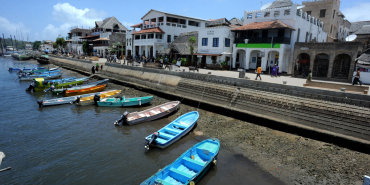
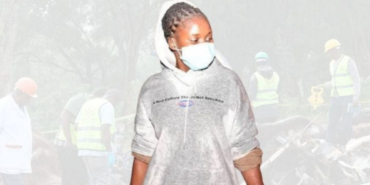

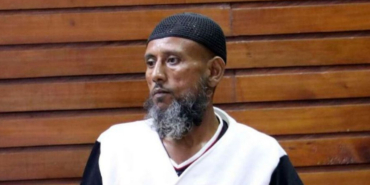
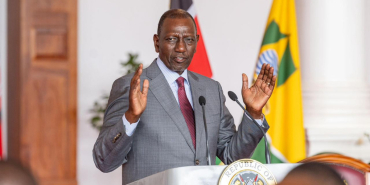

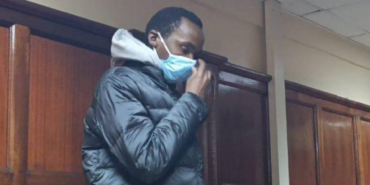
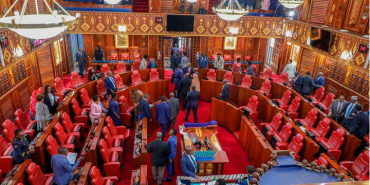
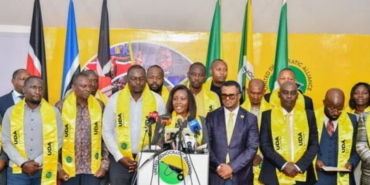




Add new comment